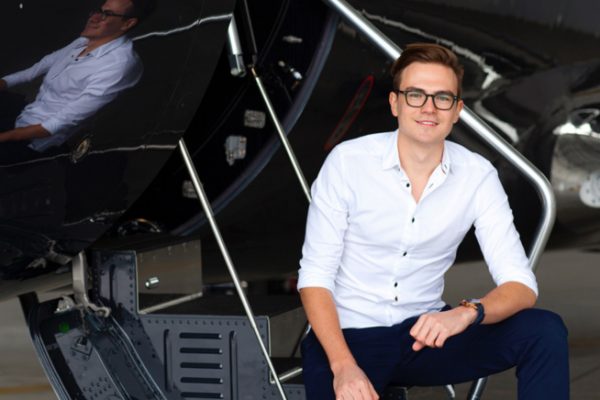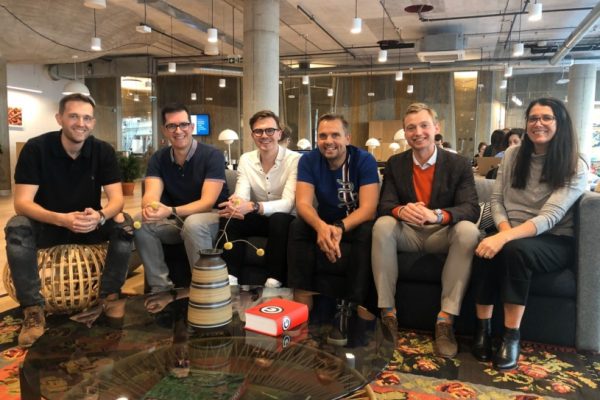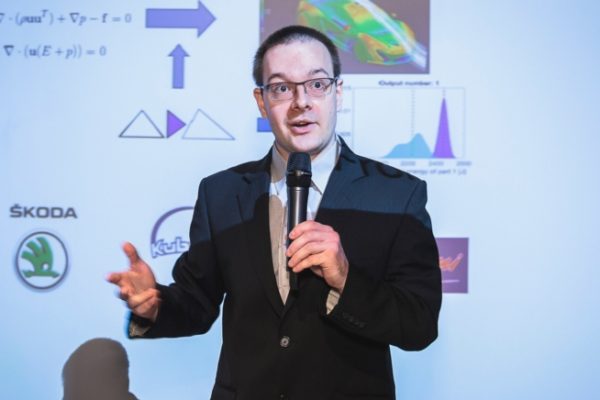
New investments are given to UptimAI and Strafos, congratulations!
At the end of the year, two of our start-ups, UptimAI and Strafos, received investments from Lighthouse Ventures.
Strafos is developing a smart system for booking and managing private flights. The modern cloud platform uses satellite technology, which shows real-time data on the position and status of the aircraft. Even in places without ground coverage. It is also able to efficiently calculate all costs and optimize flight times and routes to minimize costly empty flights.
Daniel Valeš, today the CEO of Strafos, found out during his work as a passenger flight broker that this field definitely does not correspond to the technological possibilities of the 21st century. He therefore decided to establish a start-up with his colleagues, which would facilitate the management of commercial flights and prevent possible human errors.
They are just getting started with their product. At the beginning of next year, however, they plan to come up with an optimization tool for flight management, and then they will prepare to expand into foreign markets.

The second invested company is UptimAI, which creates software for a more realistic simulation of engineering processes and design. Thanks to a unique system based on the quantification of uncertainty (UQ), it can serve to accelerate the development and improve the technical properties of products. Thanks to this, they are in demand by large companies such as Škoda Auto.
Conventional simulation systems work with precisely given inputs and provide deterministic outputs. UptimAI did it differently. She decided to create a tool that improves the simulation process by working with uncertain, inaccurate inputs and providing the same outputs (UQ). He also uses probabilistic modeling of industrial problems and hypersonic flow. All this makes the simulation process much more realistic, and thus provides the user with very important information about further developments.
Although the software was built on scientific research for the space sector, its main use is seen by the company’s CEO Martin Kubíček in engineering, in areas such as aircraft, ships and cars, where he plans to direct his other activities.


